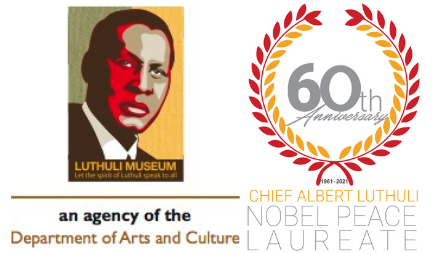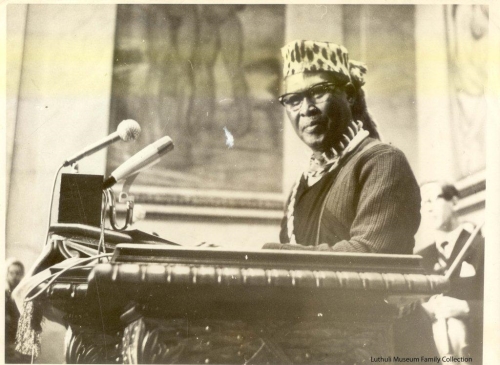In 1945, Chief Albert Luthuli joined the ANC (African National Congress). His great leadership acumen led to his election as the leader of the ANC in Natal and ultimately the President-General of the ANC nationally in 1951 and 1952 respectively. As the President-General of the ANC he displayed great and excellent leadership during the times when the apartheid government was vigorously entrenching its racist laws in South Africa. He was very sure and firm about the vision of the ANC and very principled in the great fight against the oppressive regime. He was indeed a great visionary. As a leader he was exemplary to his people and he showed this by burning his own pass after the Sharpeville massacre of March 21, 1960. In leading his people he was always democratic and consulted his people before any decision could be taken. He was honest, transparent and accountable to his people.
These are values which the Centre for Responsible Leadership should inculcate to the younger generation. Albert Luthuli called democracy a “fine thing” that is at the apex of human achievement and which could not be successfully kept from other people. Albert Luthuli understood that the task of building a humane society was to be a process, not an event, and that a leader leads by example.
In 1955 and again in 1958, Luthuli was re-elected as president of the ANC attesting to his solid leadership and passion for freedom. Luthuli played a pivotal part in implementing the Defiance Campaign, the name given to non-violent protest against apartheid. During the notorious Sharpeville Massacre in 1960, he led a peaceful protest, which unexpectedly became violent, resulting in 72 demonstrators being shot and killed. Luthuli responded to this atrocity by openly admonishing the police violence, and publically burning his passbook.
The government sought to minimise his effectiveness as a leader by implementing banning orders on him and arresting him for high treason in 1956. This was one of several attempts to weaken his leadership. On 21 July 1967 Luthuli was killed, reportedly when he was struck by a train close to his Natal Home. The Luthuli house, where Luthuli was also confined to for several years whilst under ban and was also visited by US Senator Robert F Kennedy, in 1966 is now the Chief Albert Luthuli Museum.

